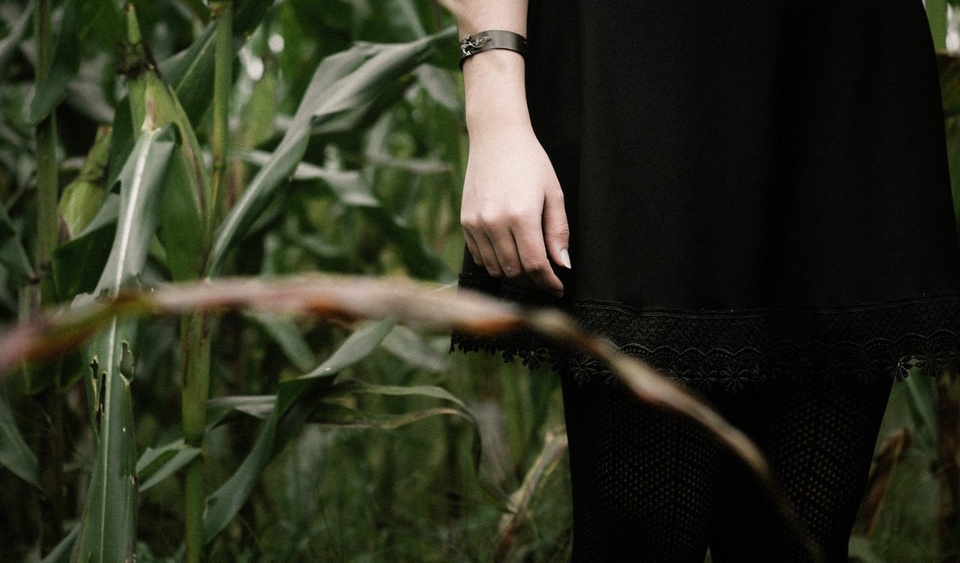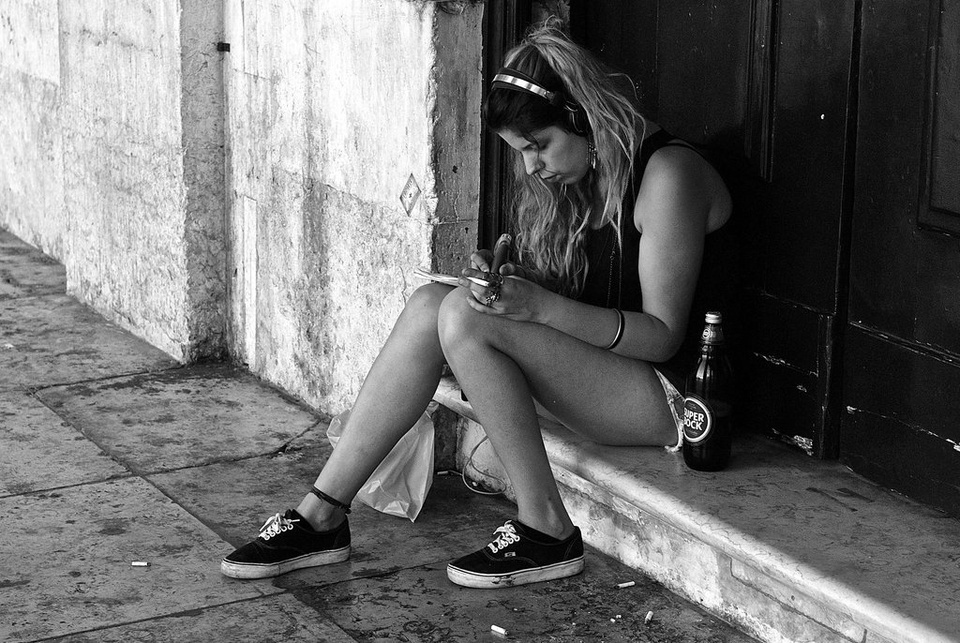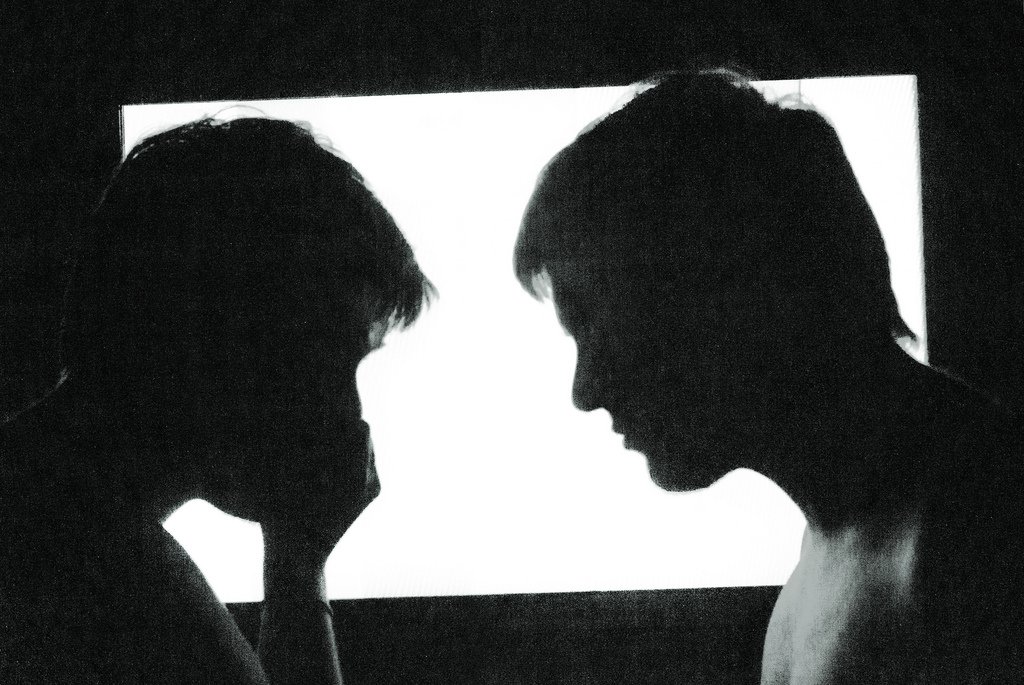
Express Concern

Let your friend know you are concerned about them. Avoid being demanding or accusatory, for example, saying you don’t think they should date her boyfriend or girlfriend anymore, or that their significant other is abusive. Explain changes in their behavior or image (such as bruises and cuts) and express your concern for their safety.
Listen

When your friend opens up to you about their abusive relationship, be attentive and listen closely. You may have preconceived notions about what’s going on in that relationship but you won’t know the truth—and thus how to help—unless you listen to the person who knows what’s really going on.
Hede Control

You may want to pull your friend out of their relationship and “save” them, but they needs to be the one to pull the trigger on the relationship. It is hard to watch them struggle, but the best you can do is understand that this is their choice and offer continual support, even if they aren’t making the decisions you think are best.
Don’t Desert Them

At no point should you leave your friend, metaphorically speaking. Show your support at all times so they know you are there for them when they’re ready. However, don’t just sit back and absorb all the worry—tell them you’re concerned for them.
Get Help

If you’re not comfortable confronting your friend about their abusive relationship, go to a parent or teacher for help. A school counsellor is trained for handling these types of situations and your parents might have an idea of how you can help your friend or approach them in a gentle way about their relationship.


